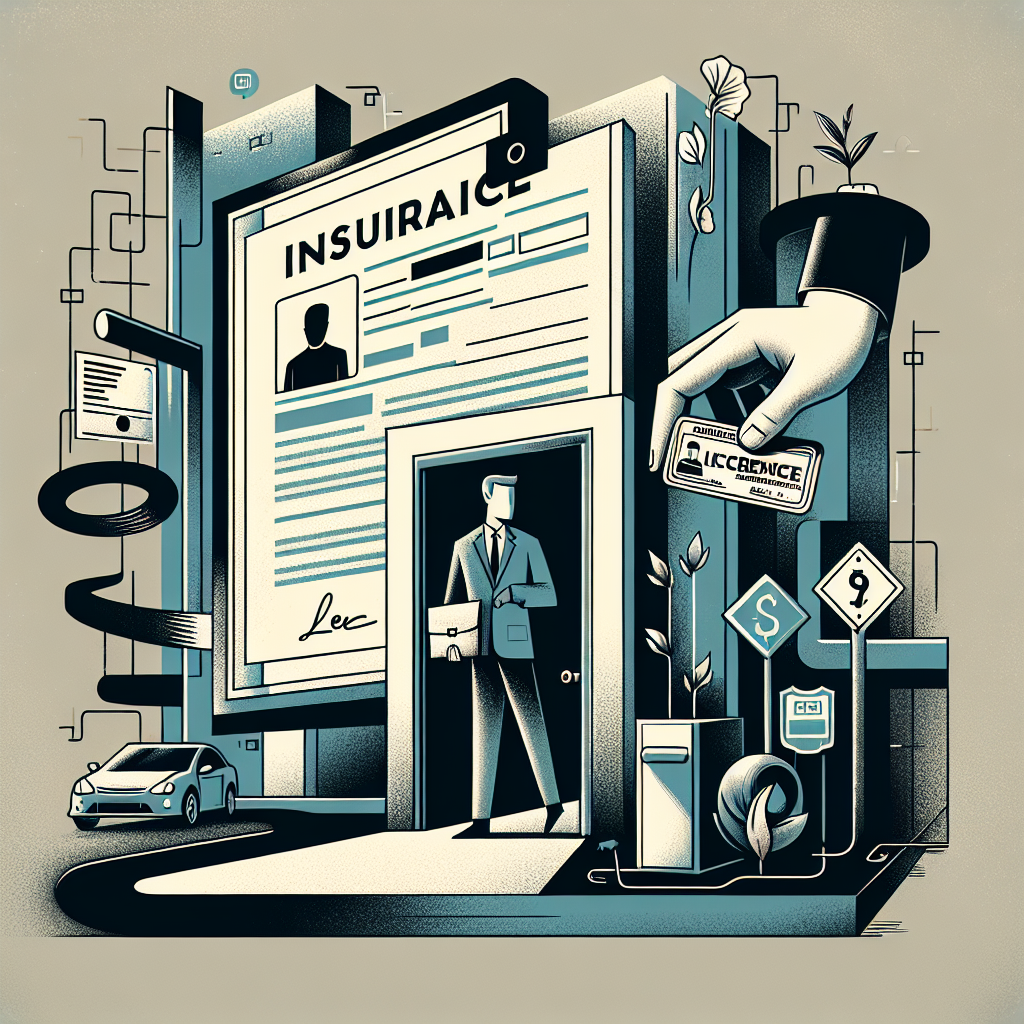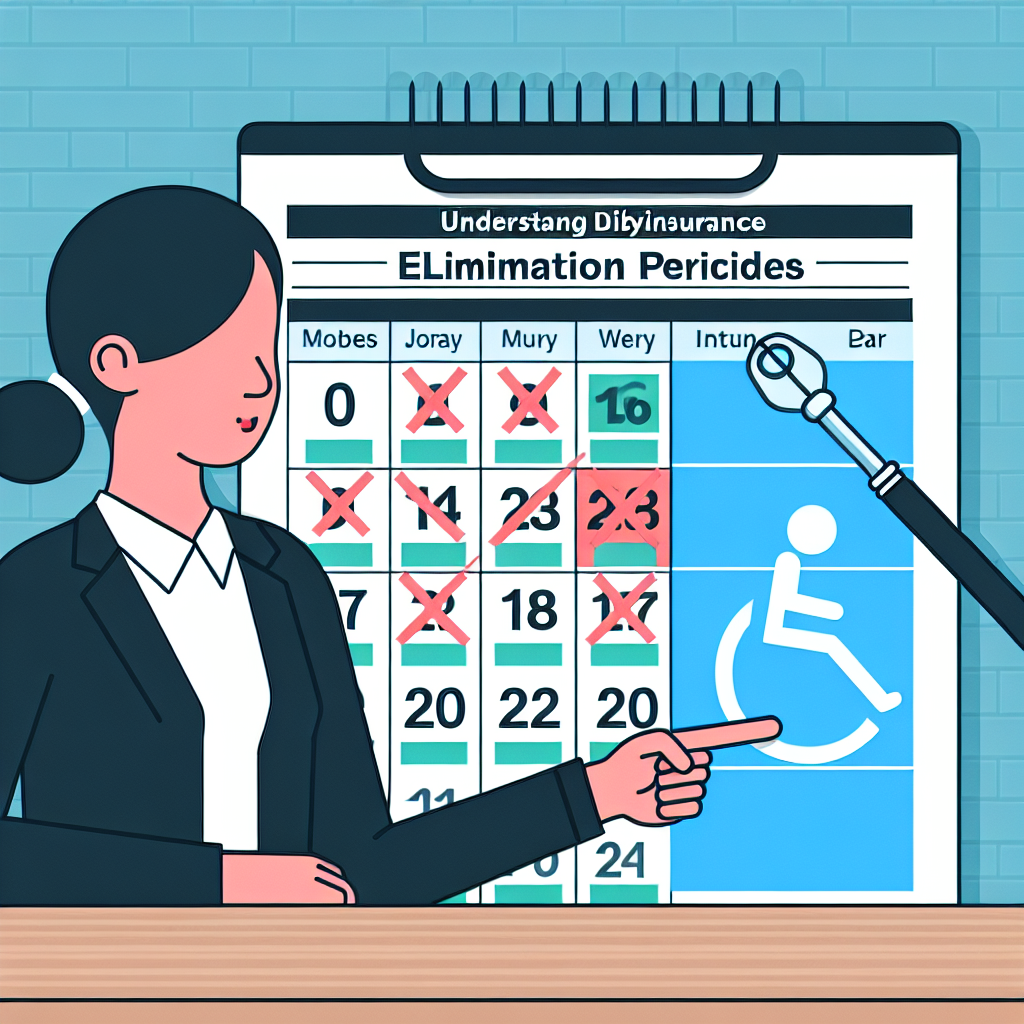Filed under Business Insurance on
Getting Business Insurance Without a License: A Guide

Launching a business often involves navigating a maze of requirements, including acquiring business insurance. For many entrepreneurs, obtaining insurance can seem daunting, especially if you're operating without a specific business license. Understanding how to secure business insurance without a license can empower aspiring business owners to move forward confidently. This comprehensive guide will explore the intricacies of obtaining business insurance, why it may be necessary without a license, and offer practical advice to help you protect your entrepreneurial venture.
Understanding Business Insurance
Business insurance acts as a safety net for your enterprise, shielding it from potential risks such as property damage, legal liabilities, and employee-related risks. While the type and extent of coverage needed depend on the nature of your business, it generally offers essential protection that can save your business from significant financial distress.
Business insurance without a license is a subject that piques interest primarily because not all businesses are legally required to hold a traditional business license. For instance, freelancers, certain home businesses, and online sellers might operate without such a license but still require insurance coverage.
Why Opt for Business Insurance Without a License?
Operating without a formal business license does not nullify the potential risks associated with running a business. Legal complications, natural disasters, or sudden accidents can pose significant threats, making insurance an invaluable asset. Here are a few reasons why you should consider business insurance even if you lack a license:
- Liability Protection: Even without a license, your business can face legal claims. Insurance provides legal protection and financial coverage.
- Asset Security: Protecting your business assets from unforeseen circumstances can safeguard your investment.
- Client Assurance: Clients or partners may require insurance as a sign of professionalism and reliability.
Types of Business Insurance to Consider
While navigating business insurance without a license, it's essential to understand the types of coverage available to you. Each comes with its distinct benefits, catering to different aspects of your business's needs:
General Liability Insurance
This insurance is crucial for covering legal fees, medical expenses, or damages due to workplace accidents or mistakes. It's often the first step in securing your business's future.
Professional Liability Insurance
Also known as Errors and Omissions Insurance, this protects against claims of negligence or mishandling that warrant professional oversight.
Commercial Property Insurance
Assets like your workspace, equipment, and inventory need safeguarding from events like fire, theft, or vandalism.
Business Owner's Policy (BOP)
A combination of general liability and commercial property insurance, BOP is a popular choice for small to medium businesses seeking comprehensive coverage.
Steps to Acquiring Business Insurance without a License
Securing business insurance without a license requires a strategic approach. Here's how you can effectively navigate this process:
1. Assess Your Business Risks
Understanding your business risks is the first step in determining the type and level of insurance coverage you require. An assessment helps tailor the insurance solution to meet your specific needs efficiently.
2. Research Insurance Providers
Look for providers experienced in dealing with businesses similar to yours. It’s crucial to ensure they offer policies fitting businesses without licenses.
3. Consult with an Insurance Agent
Insurance experts can provide invaluable insights into required coverage types and limits needed for your unique situation, especially when operating without a license.
4. Compare Quotes
Getting multiple quotes allows you to gauge market rates and find the most cost-effective insurance for your needs without compromising on coverage.
5. Review Policy Terms
Before committing, thoroughly review the policy's terms and conditions to ensure it aligns with your business requirements and risk outlook.
Industry Trends and Insights
The landscape of business insurance has evolved, especially for small enterprises and home-based businesses. Trends indicate a rising demand for flexible policy options that accommodate businesses operating in the gig economy or e-commerce sector. This shift underscores the importance of accessible business insurance solutions without the necessity for traditional licensing.
Recent industry data suggests that insurers are increasingly offering customizable options and are more willing to work with businesses operating without licenses, recognizing the unique risks and opportunities in newer business models.
Expert Opinions
Industry experts emphasize the importance of securing appropriate insurance regardless of licensing status. According to John Smith, a seasoned insurance agent, “Whether you hold a business license or not, the potential risks remain significant. Having the right insurance coverage can be a decisive factor in sustaining and growing your business.”
Moreover, financial analysts recommend prioritizing insurance as part of business planning to mitigate unforeseen disruptions, highlighting that proactive risk management is crucial for maintaining business continuity.
Conclusion
Acquiring business insurance without a license might seem challenging initially, but it is a vital step in safeguarding your business against potential risks. By understanding various insurance types, assessing your business needs, and seeking advice from industry experts, you can secure comprehensive coverage tailored to your business conditions.
Even in the absence of a formal business license, protecting your enterprise through well-chosen insurance policies demonstrates foresight and professionalism, ensuring your business can weather any storm.
As entrepreneurial landscapes shift and new business models emerge, the conversation around business insurance without a license will continue to grow, emphasizing the need for adaptable and inclusive insurance solutions.





